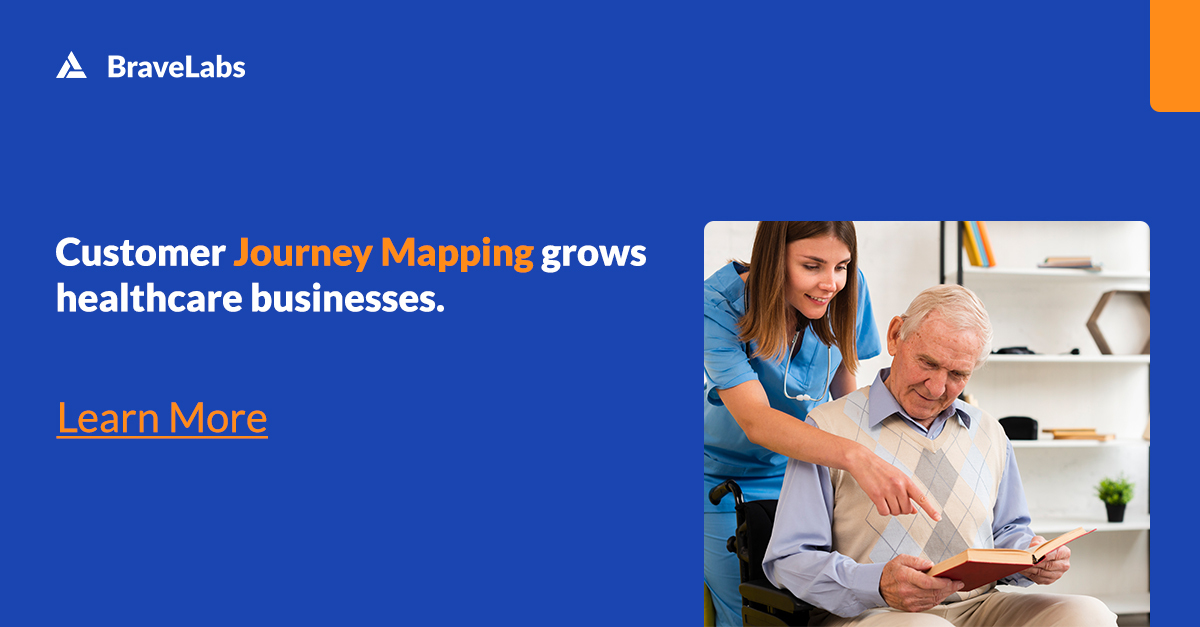Digital marketing is crucial for group healthcare practices
Digital marketing allows healthcare businesses to create valuable information that creates trust, recognition, and loyalty among potential customers.
Introduction
Since the 1900s, businesses have
increasingly become consolidated as large corporations buy out their
smaller-scale competitors. Bigger corporations have deep pockets to not only
price their products and services more aggressively but are also able to spend
a massive sum of money on marketing and advertising.
For smaller businesses, regardless of
their industry or region, it was becoming increasingly hard to compete. But as
the digital revolution stuck, through the use of technologies like the internet
and the web, smaller businesses too were able to compete with their outsized
peers.
Over the past few years, this change has been witnessed even more
strongly as internet and computer access have expanded across the globe and
consumers have begun to increasingly rely on the internet to make their choices
for themselves.
This change has been witnessed by the
healthcare industry as well. The number of large hospitals and institutions has
been growing while smaller practices have been struggling to keep up with
increasing costs and competition.
But through the use of technology,
smaller healthcare providers have been able to leverage their services to
successfully compete with larger institutions. Technologies and new processes
like digital marketing have leveled the playing field for many.
Digital marketing
Digital marketing is a process of the overall marketing mix that uses technology and platforms like the internet and social media channels to market the products, services, and brand of a business. Digital marketing is a form of inbound marketing process that seeks to influence potential customers by building, creating, and sharing valuable content with interested individuals over the internet.
By sharing and creating informational
content that imparts value to its prospective customers, digital marketing is
more subtle and seeks to convert individuals into leads and then customers
slowly and in a subtle manner.
Digital marketing allows brands to
build trust, recognition, authority, and loyalty among a vast audience. By
providing solutions to the problems of these readers, brands are able to
position themselves as the first potential provider for these readers when they
wish to become customers.
Traditional marketing, on the other
hand, is aggressive, attempting to convert, and expensive. Traditional
marketing is also much more expensive, leaving it out of the reach of smaller
businesses, and also has the added drawback of often having too much of a wide
net.
Digital marketing is also different
from online advertising, which is just a small part of digital marketing.
Online advertising refers to the process of using online platforms to directly
advertise products or services. These can be in the form of PPC campaigns,
Google Ads, and advertisements being run on social media platforms.
Here are
some statistics for digital marketing
69 percent of marketers today use digital marketing practices like Search Engine Optimization. Social media and websites form the two most popular channels for digital marketing as is evidenced by almost every major business having multiple social media handles as well as websites to improve their visibility.
48 percent of companies today use
content marketing strategies that leverage the creation and dissemination of
online content in the form of blogs. 56 percent of these people using blogging
say that it is an effective strategy with 10 percent saying that it is the
source that generates the highest return on investment.
Digital
marketing for group healthcare
For group healthcare practices, digital marketing services showcase an incredible opportunity to compete with larger healthcare organizations. There exist over 6,000 hospitals in the United States with over 33 million admissions in a year. These admissions present a total market of $1.2 trillion that is spread over the hospitals, community hospitals, and clinics across the country.
The healthcare industry is only
growing to grow larger, with US adults spending $10,000 a year on healthcare on
average. The COVID-19 pandemic has only highlighted the need for individuals to
regularly receive healthcare services.
But as the market continues to grow,
larger healthcare institutions also continue to consolidate their hold on
sections of the market. These larger private healthcare organizations have much
deeper pockets that they are able to over-compete with smaller rivals.
However, digital marketing levels the
playing field for group healthcare practices, smaller healthcare organizations,
and others. Since digital marketing allows organizations to get much larger
returns on their investment, allowing them to compete with larger competitors.
Digital marketing for doctors allows them to
market their service to exactly the individuals who need their services the
most and are most likely to convert into paying customers.
Conclusion
Group healthcare practices and other healthcare practices have to position themselves in an increasingly competitive and thriving industry. While larger institutions have much bigger pockets to navigate the complexities of the business environment that are constantly changing.
Through leveraging the tools that are
given by digital marketing, healthcare practices are able to reach out to just
the right customers who need their services. Digital marketing is today an
essential part of any business’s practice in the digital age, it is especially
important for healthcare practices.
BraveLabs is
a healthcare digital marketing agency that serves to provide digital healthcare marketing
services to group healthcare professionals and more to
leverage the powerful tools of the digital age.
.jpg)
.jpg)


Comments
Post a Comment